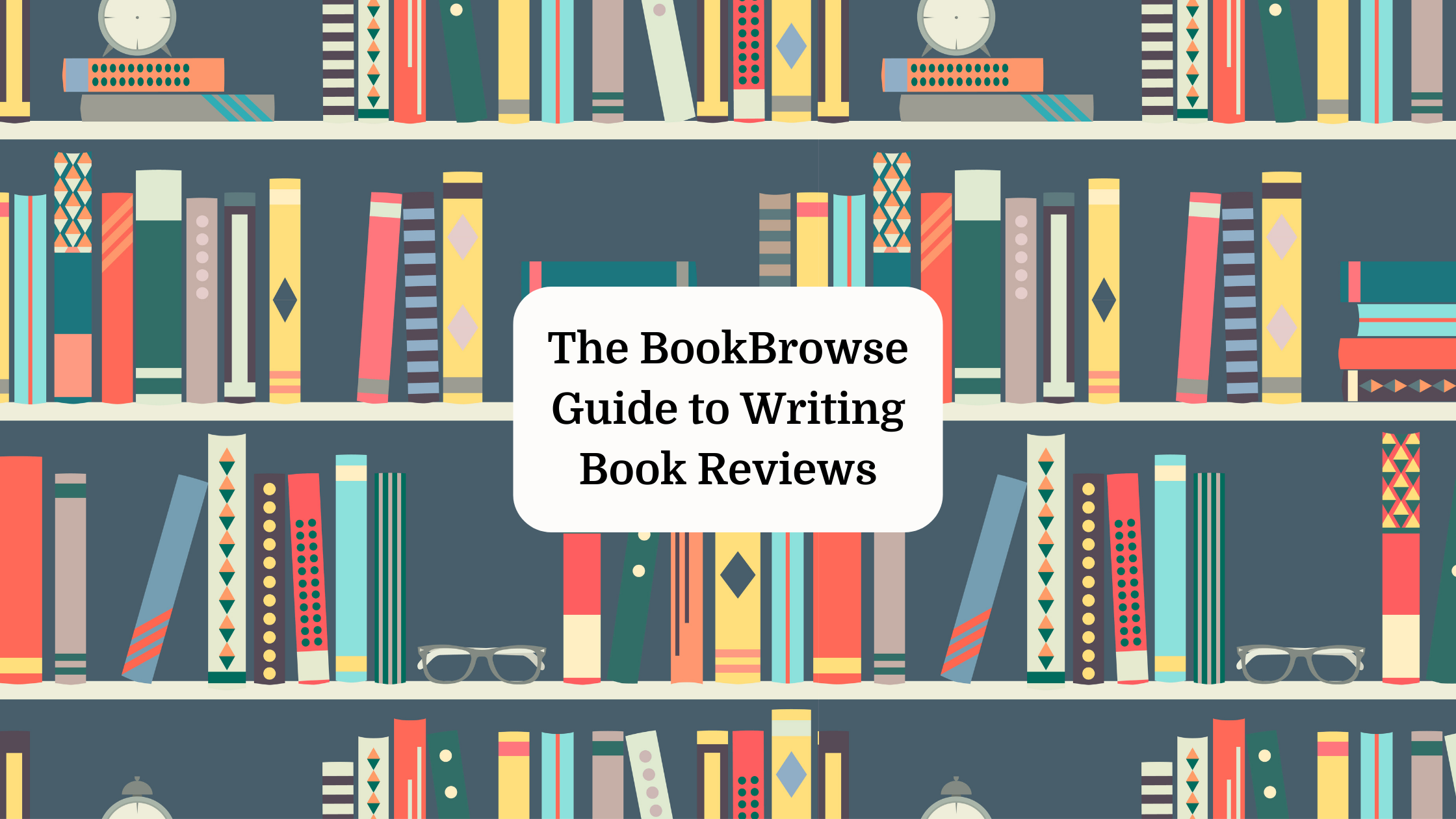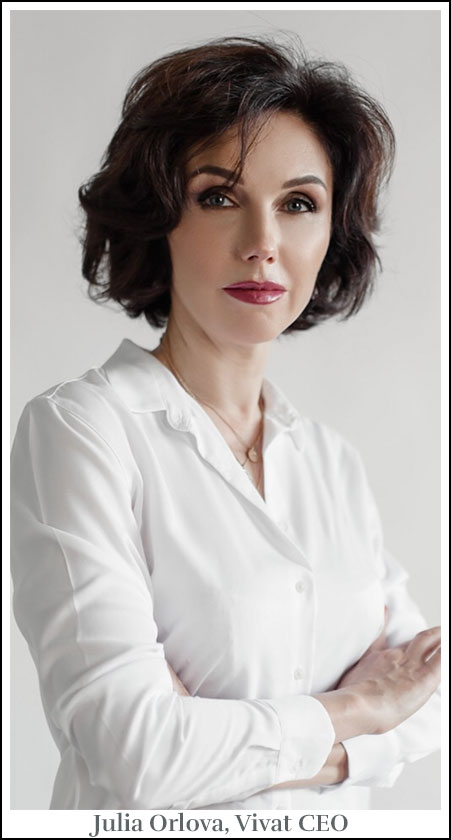 What makes a good book review? With the growth of reader reviews like those on Amazon or Goodreads alongside dedicated book review sites (like BookBrowse), there are more book reviewers and would-be book reviewers than ever. Maybe you're one of them, contributing your opinions on your own blog, on a consensus site, or to a publication. Maybe you want to support the reading community, enjoy reviewing books in exchange for receiving them gratis, or have aspirations to review professionally. Or maybe, as an invested reader of books and book reviews, you just like thinking about aspects of criticism and analysis. No matter your level of interest in reviews or the reasons behind it, you may find it enriching to consider good examples of book reviews written by others. With this in mind, we've put together some excerpts from our own reviewers' work that demonstrate what certain worthwhile elements of a review can look like. We hope you find them helpful.
What makes a good book review? With the growth of reader reviews like those on Amazon or Goodreads alongside dedicated book review sites (like BookBrowse), there are more book reviewers and would-be book reviewers than ever. Maybe you're one of them, contributing your opinions on your own blog, on a consensus site, or to a publication. Maybe you want to support the reading community, enjoy reviewing books in exchange for receiving them gratis, or have aspirations to review professionally. Or maybe, as an invested reader of books and book reviews, you just like thinking about aspects of criticism and analysis. No matter your level of interest in reviews or the reasons behind it, you may find it enriching to consider good examples of book reviews written by others. With this in mind, we've put together some excerpts from our own reviewers' work that demonstrate what certain worthwhile elements of a review can look like. We hope you find them helpful.

BookBrowse reviewers have written thousands of book reviews in the 20+ years we've been around, and we receive thousands of applications each year from would-be reviewers. However, the review samples in these applications vary widely—in terms of length, summary vs. analyses, quality, etc.—and we thought both reviewers and readers might be interested in our perspective on writing reviews. So for the first time, we've taken our internal guidelines for BookBrowse reviewers and amended them for the general public.
Vivat is Ukraine's second largest publisher, established in 2013 following the merger of two former publishing houses. Its head office is in Kharkiv, Ukraine's largest city after Kyiv, in the northeast near the border with Russia.
Vivat currently has 3,000 books in print and, in a normal year, would release about 400 new titles covering nonfiction, fiction, children's and young adult literature. Its slogan "read, dream, act" exemplifies its mission to popularize reading and promote Ukrainian authors.
In this interview, Vivat CEO Julia Orlova talks about the company's efforts to continue operations during the Russian invasion, the increased international demand for Ukrainian books, and its authors fighting on the front lines.
When you went to bed on the night of February 23rd, did you believe Putin would attack? Had Vivat made preparations in case there was an invasion?
 At four in the morning of February 24th, I was awake texting on Facebook. I posted that it seemed that half of Kharkiv must be awake, as there was already public information about a possible Russian invasion. After that I tried to sleep. Then, around five, I heard the explosions. It was such an incomparable feeling of absolute horror and panic. However, I had to pull myself together as difficult decisions had to be made for the future of the whole company.
At four in the morning of February 24th, I was awake texting on Facebook. I posted that it seemed that half of Kharkiv must be awake, as there was already public information about a possible Russian invasion. After that I tried to sleep. Then, around five, I heard the explosions. It was such an incomparable feeling of absolute horror and panic. However, I had to pull myself together as difficult decisions had to be made for the future of the whole company.
I did not want to believe in a full-scale war until the last moment, as most Ukrainians did not. As a matter of fact, I did not believe that such a thing was possible at all in the 21st century. Vivat worked as usual until the day of the invasion. We were preparing new books, not war plans; but just the day before there had been discussions with colleagues about so-called "anxiety suitcases" as some had already packed them. But essentially all the decisions and actions made to save the business have been made after the war began.
The Story of Arthur Truluv by Elizabeth Berg is by many accounts a "feel-good read" – a book that readers say makes them feel upbeat after having finished it. But that raises the question: Can a book truly influence your mood? It turns out that scientists have long speculated that reading can, in fact, have an impact on one's mental health, and a practice called "bibliotherapy" has arisen around this belief.
 There is a lot of debate as to whether creative writing can be taught or not. Clearly a lot of people think it can be given the growth in creative writing courses. As with most interesting arguments, the truth is probably to be found somewhere in the middle, in that gray area between a polarizing 'yes' or 'no'. Certain elements like voice probably can't be 'taught' as such but they can be refined, given enough time, and the same goes for other aspects of storytelling. In which case, it would seem to make sense to give aspiring writers the fundamental tools they need so that they can learn to use them effectively to improve their writing craft.
There is a lot of debate as to whether creative writing can be taught or not. Clearly a lot of people think it can be given the growth in creative writing courses. As with most interesting arguments, the truth is probably to be found somewhere in the middle, in that gray area between a polarizing 'yes' or 'no'. Certain elements like voice probably can't be 'taught' as such but they can be refined, given enough time, and the same goes for other aspects of storytelling. In which case, it would seem to make sense to give aspiring writers the fundamental tools they need so that they can learn to use them effectively to improve their writing craft.
A book with pages that can kill more than 99% of bacteria while also educating communities on safe water habits has passed multiple trials in countries such as Ghana, Bangladesh and South Africa. What's more the book is very cheap to produce and one copy can filter sufficient water for an individuals needs for a full four years!
This extraordinary concept is the result of Dr Teri Dankovich's work over several years. Dr Dankovich, now a postdoctural researcher at Carnegie Mellon University in Pittsburgh developed and tested the concept at McGill University in Canada and at the University of Virginia. Like Liter of Light, the concept is wonderfully simple: